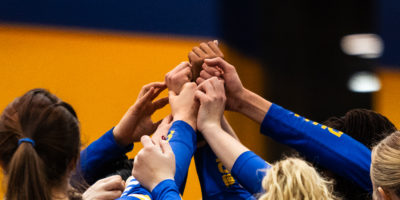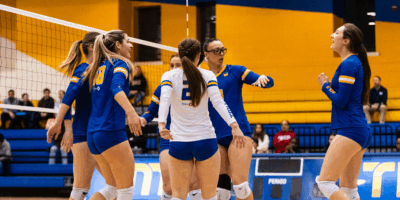By Julianna Cummins
Ryerson is taking after other schools by creating their own statement on university freedom of speech.
On Jan. 26, a draft of a freedom of speech statement was presented to Senate. The statement, according to Ryerson President Sheldon Levy, provides the university community a way of “expressing itself” and outlines what freedom of speech actually means when conflicts arise.
However, Liana Salvador, vice-president education of the Ryerson Students’ Union (RSU), has concerns with some of the wording of the last paragraph of the statement.
The last paragraph outlines Ryerson’s ability to act prevent speech that “interferes with University business” or “threatens in any way the safety or security of the community or is considered hate speech.”
“To have that last statement is actually limiting free speech,” Salvador said.
The Senate Academic Governance and Policy committee is now taking feedback from the Ryerson community about the draft, and will submit a final statement to Senate once comments are reviewed.
Levy said a number of universities have statements like this, including the University of Toronto.
“I think the importance of it is… there’s a shared community under standing of the importance of freedom of speech, and how you have to err on the side of giving people a voice even if you don’t want to hear it,” Levy said.
The draft agreement outlines the university’s responsibility to protect the right to freedom of speech and its stance on not backing away from controversies or disagreements.
Heather Lane Vetere, vice provost of students, was on the committee that helped to review and present the draft statement to Senate.
She said the statement would help her in dealing with conflicts between students groups, or when the groups raise concerns that a certain event or display might be offensive.
“We can refer to that [the statement] in both making the decisions and being able to educate and explain why we won’t ban something when we’re asked to,” Lane Vetere said.











Leave a Reply